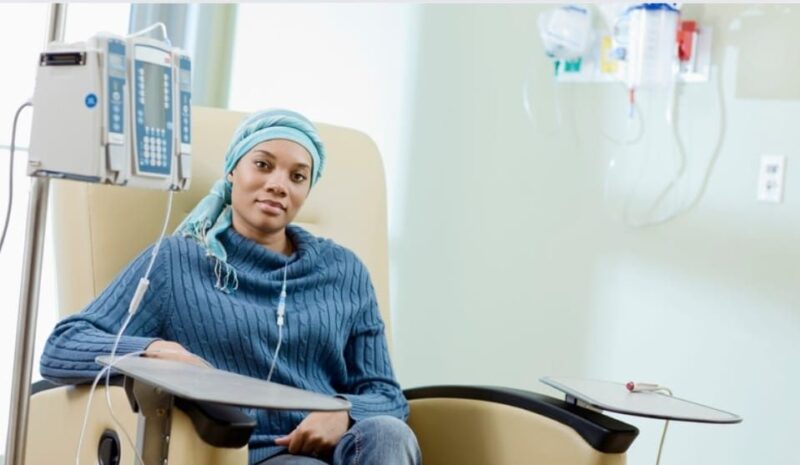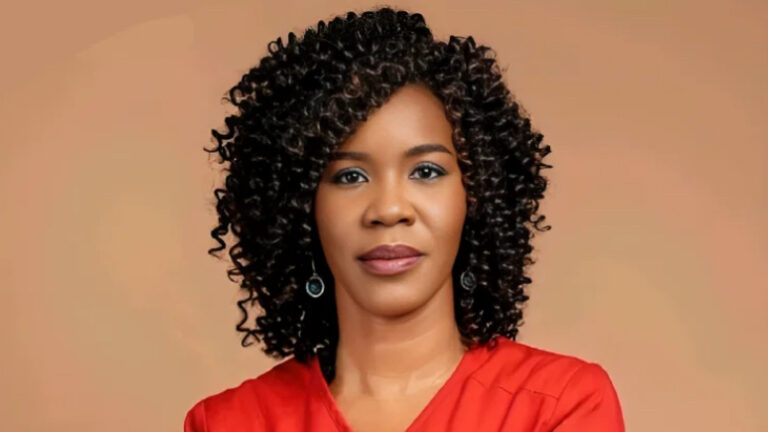Miriam Mutebi shared on Linkedin:
‘ ‘Make it Stop!’
A friend interested in training to become a surgeon, changed his career path to palliative and supportive care, following a jarring encounter with a patient with advanced cancer.
The patient suffered excruciating pain, screaming in agony throughout the night. The nurses concerned about the risk of addiction, hesitated to administer opioids, which are essential for managing cancer pain. One night, the patient’s mother in her 70s, and distressed over her son’s pain, knelt in the ward pleading with the doctors to ‘Make it stop!’
This is a tragic scene far too common across Africa.
In many African countries, cancer patients often face unimaginable pain, worsened by the lack of access to essential medication. Stockouts of opioids and other medicines: pain relievers and chemotherapy drugs are common, leaving many without critical treatments. This is in stark contrast, to a WHO report stating ‘Over 80% of the world’s morphine in 2021 was distributed to high-income countries in North America and Europe.’
Stockouts of meds significantly affect patient outcomes throughout the care continuum. To address this, essential cancer medications must be added to the Essential Medicines Lists (EMLs) and made affordable. Many African countries pay 3 – 4 times more for these medications, compared to equivalent low-and-middle-income countries (LMICs).
Demystifying opioid addiction amongst hesitant healthcare workers (HCWs) concerned about patient addiction is also key. Pain relief is a human right and opiates, when reconstituted and used responsibly, can effectively manage moderate to severe cancer pain.
The Updated Morphine Manifesto (Dec 2023), calls for action to address these issues. It urges governments to stop the preferential marketing of expensive sustained-release opioids in country and to ensure the availability of affordable, immediate-release oral morphine.
AORTIC Africa signed this Manifesto, committing to improved access to opioid medications for patients across Africa. This milestone will help us tackle regulatory barriers, HCWs’ fear of addiction, and supply chain issues.
Other initiatives like the ATOM Coalition by the Union for International Cancer Control (UICC), alongside pooled procurement strategies by Clinton Health Access Initiative, Inc. aim to ensure essential cancer medications are available and affordable. Pooled purchasing and targeted access are key strategies to improve medication availability allowing countries with secure supply chains to join forces, boosting bargaining power to lower prices.
Ultimately, the goal remains to make these life-saving essential medications accessible, while easing the pain of those who need it most.”

Source: Miriam Mutebi/Linkedin
Miriam Mutebi is a Breast Surgical Oncologist and Assistant Professor in the Department of Surgery at the Aga Khan University Hospital in Nairobi, Kenya. She is the President of the African Organization for Research and Training in Cancer (AORTIC), and past president for Kenya Society of Hematology and Oncology (KESHO) and on the Board of Directors of the Union for International Cancer Control (UICC).
She is the co-founder of the Pan African Women’s Association of Surgeons and is part of the Kenya Association of Women Surgeons. She is an avid supporter for the education and support for women, especially in surgery and she aims to provide mentorship for women in surgery and to improve women’s health and surgical care in Africa. She is currently pursuing a pilot’s license in order to extend breast care services to marginalized areas.


